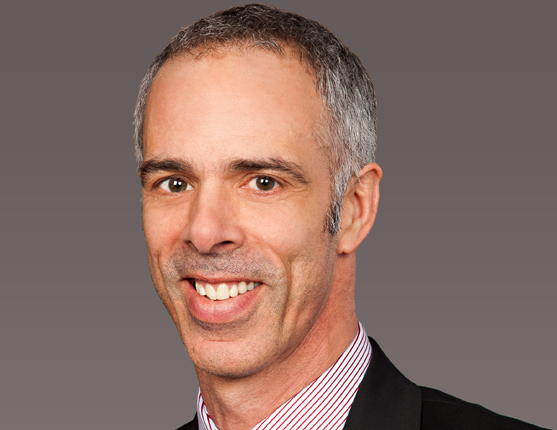
By Anthony Zietman, MD, FASTRO
As I end my 10-year tenure as editor-in-chief of the Red Journal, I can draw breath and reflect on what this journal has become, and what, as a team, we have achieved for both its authors and its readers.
Starting with the authors, they had complained to me about the slow process of peer-review, the uncertain standards for acceptance, and the impression, rightly or wrongly, that there was a level of bias or favoritism toward work from certain institutions. To address these concerns, we gave the editorial board a structure and put the emphasis on youth and energy for its members. This created a system for manuscripts that flowed swiftly and without hindrance. We ensured that review was double-anonymized, meaning that neither reviewers nor authors knew one another’s identity or location. And we discussed within our editorial teams the criteria that had to be met to accept a paper and posted these on our website. Soon we had the time from submission to first decision down from many months to just three weeks, and our acceptance rate down from close to one half to only one in five papers.
The bar was raised, and every effort was made to keep it horizontal across disease sites. Today, the Red Journal’s Impact Factor is over 7, superb for a small specialty journal, and the feedback from authors is gratitude for the swift decisions (even if they are negative!) and a sense that the Red Journal has become a real destination for the best science in radiation oncology.
From the perspective of the reader, we wanted to ride the movement to web-based publishing and to take advantage of all that the web has to offer. This included immediate in press publication on acceptance, very important for topical papers. It also included several new features and categories such as Gray Zone, Cover Art and atlases that formed either teaching tools or fabulous collections for browsing. The interactive nature of the journal is only going to increase in the years ahead. We also chose to make the journal much more current in its discussions to truly reflect anything that a practicing radiation oncologist may be talking about that affects their personal or clinical decisions. Hence, we ran articles and discussion pieces on health policy and economics, the job market, equity and the future of the specialty. These, we believe, made the journal a far less dry read, and much more relevant.
And finally, I wanted us to live up to our title. Previously the words Physics and Biology had been printed on the cover in smaller font than the word Oncology implying lesser importance. That was an easy fix! But the word International is featured first and that needed to be honored if we were to be more than a North American journal. Attention to the composition of the editorial board, double-anonymized review and Around the Globe feature articles all helped to raise our global profile and now more than 50% of submissions come from nations other than the U.S. and Canada.
I was only the third editor-in-chief of the Red Journal in its more than 40-year history. If my tenure is remembered for anything I would like it to be that we brought the journal into the 21st century and into the lives of radiation oncologists by making it accessible, immediate and a “good read.” Social media has become the medical journal’s biggest competitor, but by adding value through thoughtful review and discussion, journals remain important and respected. A journal’s discussion is usually cooler and more reflective than those found in social media and, consequentially, more durable.
What I never realized before I took the post was how all-consuming it was. My desire to increase our speed of throughput, coupled with the endless decisions, editorials, features, invitations and production deadlines, meant that for 10 years I have not truly had a free day. There was always something that needed to be done for the journal! It seeped into every crack in my life, before breakfast, between patients, through the evenings and weekends. And, because we are a global journal, midnight in the U.S. is midday in Australia and they are submitting! The Chinese do not recognize Veterans Day, nor the British Patriots Day, and still the manuscripts come.
In the first few weeks since I have stepped back, I have reclaimed parts of my life that have been lying fallow for so many years. It was the greatest privilege of my career to serve the Red Journal, and it will be a great pleasure now to return to my “day job” and more. My garden and my dance floor need much more attention than I have been giving them these recent years!


